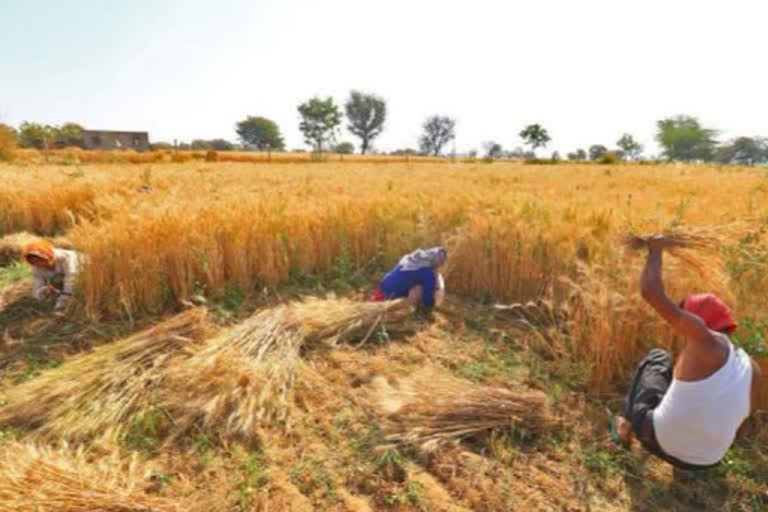Hyderabad: Prime Minister Modi's Cabinet has approved the amendment of the Essential Commodities Act to issue two ordinances relating to the sale of crop products and advance agreements on them.
The government is assuring that farmers will be able to sell their crop products to anyone, anywhere in the country. Delay in payment of contracted agreements should be settled outside the court.
In that case, how can a poor farmer deal with the big traders? What is the capacity of a small farmer of two-three acres to know the place of demand for his produce in the country and sell it at that place?
When the e-NAM system already introduced is not fully operational, it will be a pipe dream to believe that the 82 per cent small and marginal farmers spread across the country will be able to sell their products at the place of their choice and will get benefited.
The annual cruel joke hurled at the farmers in the name of support prices for various crops is making their life security a mirage! Hence, the government should buy the crops grown by the farmers. That is the only way to get the right reward for the hardship of the cultivators.
Forgetting their fundamental duty towards the welfare of the farmers, the government's declarations that it has freed them from the clutches of the markets by the new not-yet-workable-system tantamount to government relinquishing its essential responsibility!
Six years back Prime Minister Modi himself has reasonably analysed that only when the farmer gets sustained income for his produce the domestic agriculture production will double.
If it indeed has to be a practical reality and if tomorrow's generations are to be attracted to the farming in the fields - there must be an extensive and sure plan for this major agricultural country.
Though we are only next to the US in the large extent of cultivable farmlands, lack of a scientific crop plan is playing havoc with the lives of the farmers. China, with fewer agriculture lands than India, can fulfil 95 per cent of its food requirements domestically. We are still importing pulses, oils and even onions from abroad.
